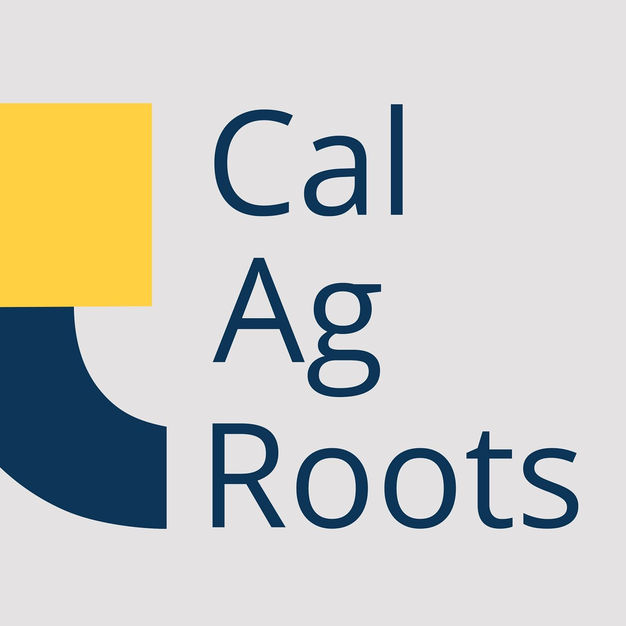Voces Del Campo Episodio 2: Diversidad En Las Voces Del Campo
"DIVERSIDAD EN LAS VOCES DEL CAMPO"
En este segundo episodio de la serie Voces Del Campo, sigue como #ORCOFS descubrió que #campesinxindigenas hablan más de 30 idiomas distintos de tan solo México y Guatemala. Porque esto facto, los trabajadores agrícolas tuvieron problemas para acceder a información y recursos sobre COVID-19 en sus idiomas. Esto generó barreras legales, económicos, sociales y de salud. La pandemia expuso la necesidad de un sistema de servicio de interpretación gratuito en el estado.
Las conversaciones de Voces Del Campo incluyen entrevistas con nueve trabajadores agrícolas en Oregon y Jaime Arredondo de Capaces. Sus episodios fueron escritos y producidos por Sandra Martin, Bienestar; Gabriela Pérez Báez, Departamento de Lingüística, Universidad de Oregón (UO); Valentín Sánchez, Centro Legal de Oregón (OLC); Jennifer Martinez-Medina Candidata a doctorado en la Universidad Estatal de Portland (PSU); Anabel Hernandez-Mejia, Farmworker Housing Development Corporation (FHDC); y Ubaldo Hernandez, Comunidades Amplificadoras de Voces por la Justicia Ambiental y Social.
La asistencia de producción estuvo a cargo de Li Schmidt, Narrador Asociado e Investigador del Instituto de Estudios Rurales de California y Caroline Collins, Ph.D., (Especialista Posdoctoral en UC Irvine, investigadora afiliada en UC San Diego y productora de Cal Ag Roots en el Instituto de Estudios Rurales de California). La ingeniería de audio estuvo a cargo de Li Schmidt.
Este proyecto fue posible gracias al apoyo de Ford Family Foundation, Casa of Oregon, y el 11th Hour Project at the Schmidt Family Foundation.
El arte fue creado por Javier Salazar. La música para la serie Voces del Campo fue creado por Santiago Ventura. Otra música fue creado por Daniel Kaede "Imminent Storm", Cumbia Connection "No se porque," "Mi Cumbia," y "Abuela Canela," y Vendla "Rioverde".
"DIVERSIDAD EN LAS VOCES DEL CAMPO"
In this second episode of the Voces Del Campo series follow how #ORCOFS found #IndigenousFarmworkers speak over 30 distinct languages from Mexico and Guatemala alone. Because of this fact, farmworkers encountered problems accessing COVID-19 information and resources in their language, creating legal, health, and social barriers. The pandemic exposed the need for a free interpretation service statewide system.
Voces Del Campo Conversations include interviews with nine farmworkers across Oregon and Jaime Arredondo from Capaces. Its episodes were written and produced by Sandra Martin, Bienestar; Gabriela Pérez Báez, Department of Linguistics, University of Oregon (UO); Valentin Sanchez, Oregon Law Center (OLC); Jennifer Martinez-Medina, PhD Candidate at Portland State University (PSU); Anabel Hernandez-Mejia, Farmworker Housing Development Corporation (FHDC); and Ubaldo Hernandez, Communities Amplifying Voices for Environmental and Social Justice.
Production assistance by Li Schmidt (Associate Storyteller and Researcher at the California Institute for Rural Studies) and by Dr. Caroline Collins(Postdoctoral Fellow at UC Irvine, Affiliated Researcher at UC San Diego, and Cal Ag Roots Producer at the California Institute for Rural Studies). Audio engineering by Li Schmidt.
This project was made possible with support from the Ford Family Foundation, Casa of Oregon, and the 11th Hour Project at the Schmidt Family Foundation.
Art by Javier Salazar. Voces del Campo series music by Santiago Ventura. Other featured music by Daniel Kaede "Imminent Storm", Cumbia Connection "No se porque," "Mi Cumbia," and "Abuela Canela," and Vendla "Rioverde".
#VocesDelCampo #FarmworkerAwareness #StillEssentialFarmworkers #FarmworkersDeservePraise
21 February 2023, 7:43 pm
